EINKAUF
- We use sustainably produced raw materials
- We purchase RSPO-certified, sustainable palm oil
- We select suppliers with a focus on sustainability
“By the year 2025, we will no longer be using any palm oil or exclusively sustainable palm oil in the production off our margarines and fats. The focus of the development and the production of our SENNA brand products is on high-quality, healthy foods for commercial customers and end consumers in the defined markets.”
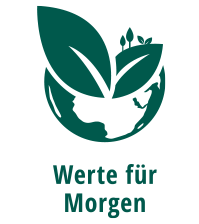
At SENNA, we practice sustainability as a matter of conviction and, by means of our enthusiasm, inspire others. We take care to act in an environmentally responsible and resource friendly manner along the entire value chain, and offer sustainable products. We choose our suppliers and product ingredients with care, train our employees and strive towards short transport distances. Thanks to permanently modernised systems and innovative solutions, we conserve the environment. We also continually train the sense of responsibility of our employees.
EINKAUF
PRODUCTION
Our production is resource friendly:
PACKAGING
LOGISTIC
AUSZEICHNUNGEN
SENNA arbeitet mit der ARA, der Altstoff Recycling Austria AG, zusammen.
Gemeinsam wird Bewusstsein für die Mülltrennung und damit für den sorgsamen Umgang mit wertvollen Rohstoffen geschaffen. Die ARA führt mehr als 90% der gesammelten Verpackungen der Verwertung in Österreich zu und bietet auf diesem Weg der heimischen Industrie einen geschlossenen Rohstoffkreislauf. Damit gestaltet die ARA in Österreich den Wandel zu einer nachhaltigen Wirtschaft.
SENNA recognised the problems associated with the production of palm oil which doesn’t respect nature and the people living in the areas, it is produced in, early on, and has been championing the responsible use of palm oil since 2009. SENNA is of the opinion that clear rules and regulations pertaining to the cultivation and the certification of sustainable palm oil are needed. For this reason, SENNA has been a member of the Round Table for Sustainable Palm Oil (RSPO) since 2001 and, along with this non-profit organisation, supports the development and the realisation of global standards for sustainable palm oil. The tenets and principles of the RSPO demand a significant reduction in the amount of pesticides used, the fair treatment of workers, and the necessity of information and consultation with the local communities ahead of the establishment of new plantations on their land.
To this end, SENNA offers its products with two different types of sustainable, RSPO-certified palm oil:
The “Mass Balance” trading model is a blend of sustainable palm oil from certified plantations with standard palm oil in controlled volumes. This reduces the costs of logistics and, at the same time, can increase the demand for sustainably produced palm oil.
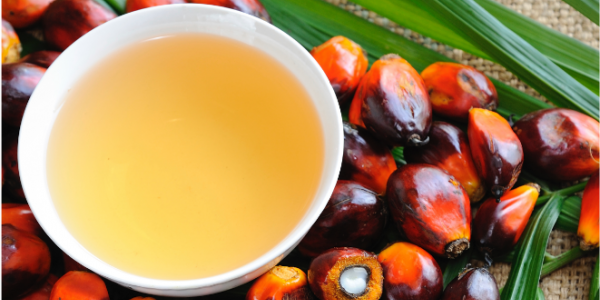
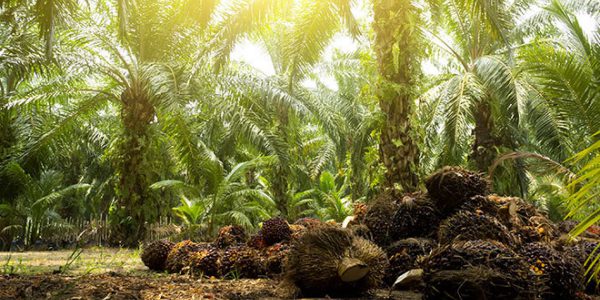
The “Segregated” trading model is palm oil which, from the start, is processed, transported and refined separately from standard oil by certified plantations. Hence, 100% of this oil comes from certified plantations.
SENNA also offers its customers the option of purchasing palm-free products. These are mainly margarines and frying fats which, upon request, can be produced without using any palm oil whatsoever. “In recent years, we have developed numerous palm-free recipes and, if requested by our customers, can produce our products without any palm oil. It is important that it is our customers who are making this decision and that SENNA, as the supplier, satisfies the requirements and demands of its customers,” says Walter Trybek, Managing Director. The entire requirement for palm oil is therefore reduced by using palm-free products and the proportion of sustainable palm oil increases year on year.
SENNA also offers its customers the option of purchasing palm-free products. These are mainly margarines and frying fats which, upon request, can be produced without using any palm oil whatsoever. “In recent years, we have developed numerous palm-free recipes and, if requested by our customers, can produce our products without any palm oil. It is important that it is our customers who are making this decision and that SENNA, as the supplier, satisfies the requirements and demands of its customers,” says Walter Trybek, Managing Director. The entire requirement for palm oil is therefore reduced by using palm-free products and the proportion of sustainable palm oil increases year on year.
The cultivation area is convenient:
Cultivation areas close to Asia’s main markets, hence shorter transport distances
The oil palm has a smaller land requirement:
Highest area productivity of all oil plants, making it economical and potentially environmentally friendly
Palm oil is a naturally hard fat:
No chemical hardening required, no trans-fatty acids
Palm oil has many different uses:
Universal uses, making it an important staple food in many countries
In order to offer our customers the utmost transparency, we use certificates by independent organisations and internally developed labels for our products. This ensures you always have all the necessary information at a glance!
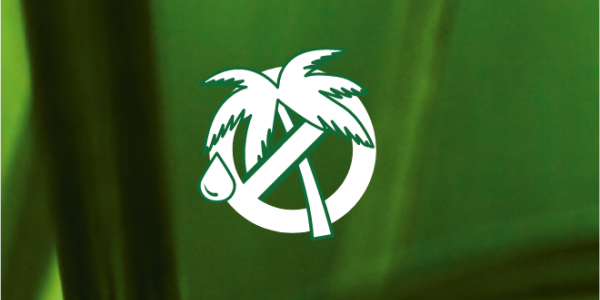
Our “ZERO-Palm” line of products stands for 100% palm oil-free products. Instead of palm oil, we mainly use the fat of the shea nut. The shea butter procured by SENNA comes exclusively from suppliers which are members of the Global Shea Alliance. This alliance champions fair trading conditions and supports the village communities in the cultivated areas.
The term “Organic” is legally protected in the EU. Organic products must come from controlled organic farms, may not be genetically modified and must be cultivated without the use of chemical-synthetic resources. Our organic “Linea Verde” margarine line is certified by Austria’s leading organic inspection board.

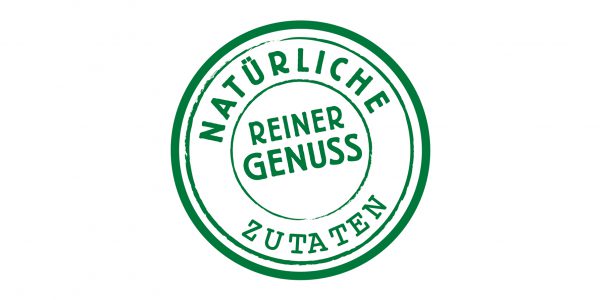
At SENNA, “natural” stands for products which are produced exclusively from natural ingredients and which are free of artificial colouring agents, preservatives and aromas – such as the “LinieN” by SENNA. Enjoyment of nature in its original form.
Only those products which contain absolutely no animal components whatsoever can be labelled “vegan”. The delicatessen and the margarine ranges by SENNA both contain a wide selection of vegan products, such as the “ZERO-Palm” margarine and the products from the “Linea Verde“” and the “LinieN” lines.

Margarine is more environmentally friendly than animal fat, such as butter. Why? Margarine needs about half as much land as needed for the production of butter products, and the CO2 footprint is less than one-third of the footprint of butter. As part of a study published in March 2016, researchers at the Oxford Martin School discovered that a global change to a diet based more on the consumption of plant-based products could save 8 million human lives by the year 2050, would reduce greenhouse emissions by two-thirds, would lower health-related expenses, and could prevent damage to the climate amounting to US$ 1.5 trillion.
Palm oil, coconut oil, Soya bean oil and sunflower oils used in the production of margarine are plants which are cultivated and traded all over the world. Sustainable farming enables us to protect the natural resources of our planet and, at the same time, guarantees long-term food security.
The margarine industry guarantees the use of sustainable palm oil – i.e. palm oil certified according to the specific criteria of the Roundtable on Sustainable Palm Oil (RSPO). Satisfying these criteria can contribute towards the reduction in the negative influence of the cultivation of palm oil on the environment and on society. As an ingredient in itself, palm oil is neither good nor bad. The oil of the palm fruit contains 50% saturated and 50% unsaturated fatty acids and a relatively high proportion of anti-oxidants in unrefined palm oil. An important aspect which is frequently overlooked is the fact that palm oil represents an extremely important resource for fighting poverty. It is a fact that 40% of the global palm oil is produced by small-scale farmers in South-East Asia, Africa and South America.
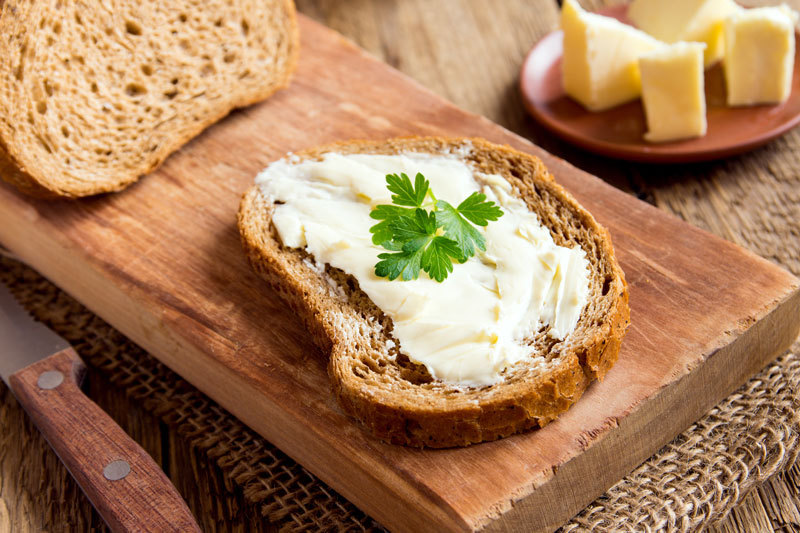
The use of margarine as a spread and cooking fat is a simple way of ensuring a healthy, balanced diet and of improving the quality of the fats in your diet. Margarine is an excellent source of vitamins E, D and A. Over the past 20 years, the proportion of trans-fatty acids has been significantly reduced since the process of converting plant oils into margarine has changed. Hence, today’s margarines contain less than 2% trans-fatty acids in the total fat content – meaning that the frequently discussed “health risk” is absent. Moreover, margarines usually contain fewer saturated fatty acids than animal fats, thanks to the recipes which have experienced continual improvements over the decades. Since margarines are produced from vegetable oils, they contain polyunsaturated and mono-unsaturated fats, the so-called “good” fats, also known as Omega-6 and Omega-3 fatty acids.
Many consumers are not sufficiently aware that not only healthier eating is important but that both – healthy and sustainable food – go hand in hand. Minor changes such as substituting butter for margarine or restricting your meat consumption already make a big difference.